The link between nutrition and physical therapy
AT PHYSIO ON THE RIVER, WE BELIEVE IN A ‘HOLISTIC’ APPROACH TO PHYSICAL THERAPY. YOU MIGHT ASK, WHY DOES A PHYSIOTHERAPY CLINIC OFFER SESSIONS WITH AN EXPERT NUTRITIONIST?
Well, making a few lifestyle changes can often have a very positive outcome and impact – beyond the obvious impact on your general weight – on other factors that may be either contributing to your particular ailment or preventing a speedy and long term recovery. We can offer a balanced rehabilitation plan to improve your health as part of your recovery from injury or illness
This could mean that our physiotherapists may advise not only engaging in a course of physical training (for example 1-to-1 Pilates with Fede Evola or Rehab Training with Dave Burnett), but suggest seeking the advice of a qualified nutritionist to review your nutritional intake and eating patterns. Ensuring these changes are effective, and maintained long term, can be challenging without support. We can offer that support and professional advice in the form of Sharon Kallos, who is our resident nutritionist.
Did you know that for every 1lb of weight lost, this removes up to 4lbs of pressure off your knees?
Good nutrition is not simply a matter of weight control
Nutrition plays an important part in injury recovery. It is well-known that a poorly-balanced diet can compromise your health (see the Eatwell Guide from the British Dietetic Society website to ensure your diet contains the best balance of foods from each group). However, changes to what you eat, when you eat it and how much, can play a pivotal role in the healing process after a musculoskeletal injury.
Eating too little (you may perhaps have lost your appetite) puts you at risk of losing lean healthy tissue and muscle mass. You may feel weaker and experience difficulty in rebuilding your strength – under-eating will only prolong recovery and make it more difficult to return to your “normal” levels of mobility. Often people are worried about gaining weight when injured, as they are no longer as active or able to follow their normal exercise routine. Eating the right nutrient balance will not only enable a quicker recovery but will also prevent unwanted weight gain.
The Inflammatory Phase of the healing process (1 to 3 days after injury)
Immediately after an injury, the body activates an inflammatory response in order to promote the healing process. This is a normal process and occurs naturally when the body is fighting infection or injury. There is an increase in the permeability of blood vessel walls to allow drugs, nutrients, specialised cells, and water to flow in and out of the injured area.
While it is a normal and necessary step in the healing process, excess inflammation may have a detrimental effect on recovery and can impair blood flow. This may potentially cause cell damage to the healthy tissue surrounding the injury site. A diet such as the Mediterranean diet, which has a wide variety of fruit and vegetables combined with wholegrains and unsaturated healthy fats, can provide the right balance to support the healing process by providing the essential nutrients for tissue growth, cell renewal and repair after injury.
The following foods are considered to have anti-inflammatory properties and can help with the early healing process.
Use Protein to Combat Muscle Loss
After an injury, the affected part of the body is often immobilised. As a result, this leads to a loss in muscle mass and corresponding strength. The goal by the second week is to prevent atrophy (a progressive degeneration or shrinkage of muscle or nerve tissue) and to promote soft tissue repair to get you back on your feet. While our physiotherapists work with you to increase muscle strength and mobility, dietary protein consumption could help to decrease the severity of any muscle degeneration while you recover (4).
Protein provides the main building blocks for tissue growth, cell renewal and repair. A diet low in protein has been shown to contribute to poor healing rates and reduced collagen formation. Getting enough protein can help minimise the loss of muscle. Increasing your intake of protein can help rebuild that loss faster once you return to rehabilitation and training.
[Foods that are high in protein and collagen include meat, fish, poultry, tofu, eggs, beans, nuts & seeds.]
Other important nutrients to include in your diet while healing
• Zinc
Not getting enough zinc in your diet can delay healing (5). Zinc is a co-factor in many enzymes and proteins needed for healing, tissue repair and growth.[Zinc-rich foods include meat, shellfish, pulses, seeds, nuts & wholegrains.]
• Vitamin D and Calcium
As well as being an important component of bones and teeth, calcium is involved in muscle contraction and nerve signalling (6). Getting enough calcium is always important, and not just when you are recovering from injury. Sources of calcium include dairy products, leafy green veg, sardines, calcium fortified tofu and plant milks. Vitamin D is crucial to the body’s absorption of calcium. It plays a critical role in recovering from a bone injury. Unlike other vitamins (vitamin D is technically a hormone), the body makes vitamin D through the action of sunlight on our skin. During the winter months in the northern hemisphere, the sun is too weak and we need to take a supplement as there are very few sources of naturally occurring vitamin D in food.
Don’t stop eating
If you are used to a certain level of physical activity, and have experienced an injury or loss of mobility, you may also have a reduced appetite or not need the energy generated by a higher calorific intake. However, don’t stop eating. The right diet can improve your chances of recovery and reduce the time you spend rehabilitating.
Increase your protein intake
In other words, eat more protein to keep your strength up. Sharon can help you to optimise your dietary strategy by planning the timing of your meals; by paying particular attention to a more even distribution of protein throughout the day; by looking at the source of your protein (meat, fish, plant or supplements) and by monitoring the quantity of protein you consume. This will help to keep your muscle synthesis rates elevated and promote faster healing.
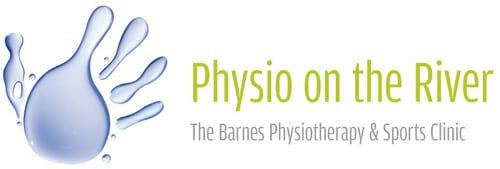
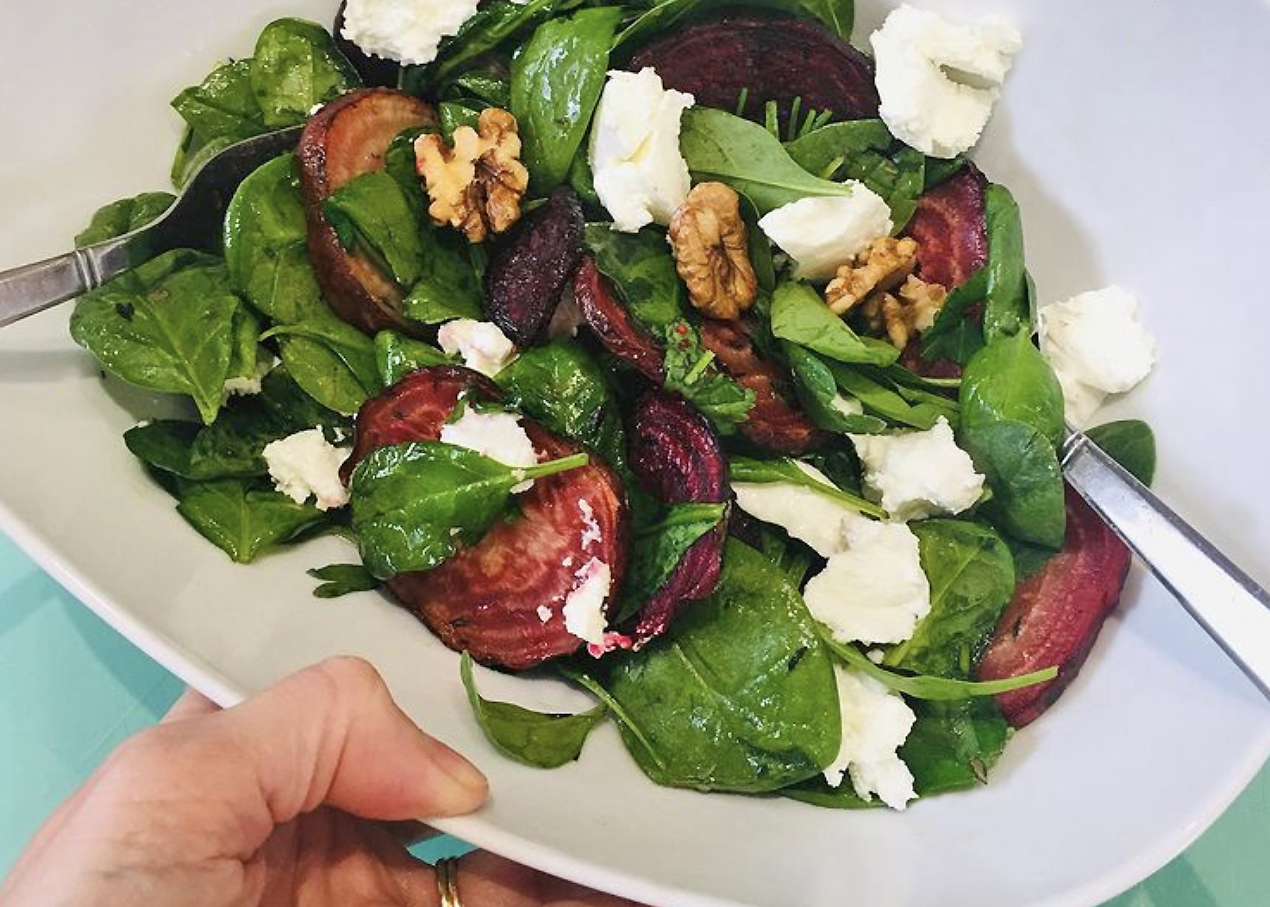
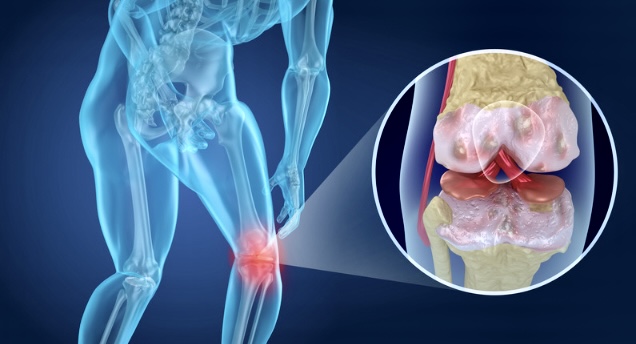
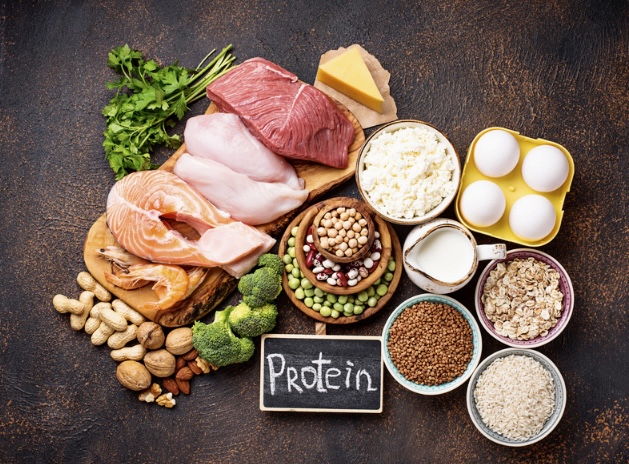
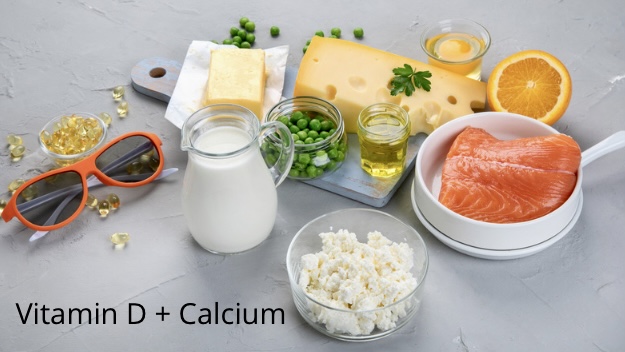

 https://www.kensington.com/
https://www.kensington.com/